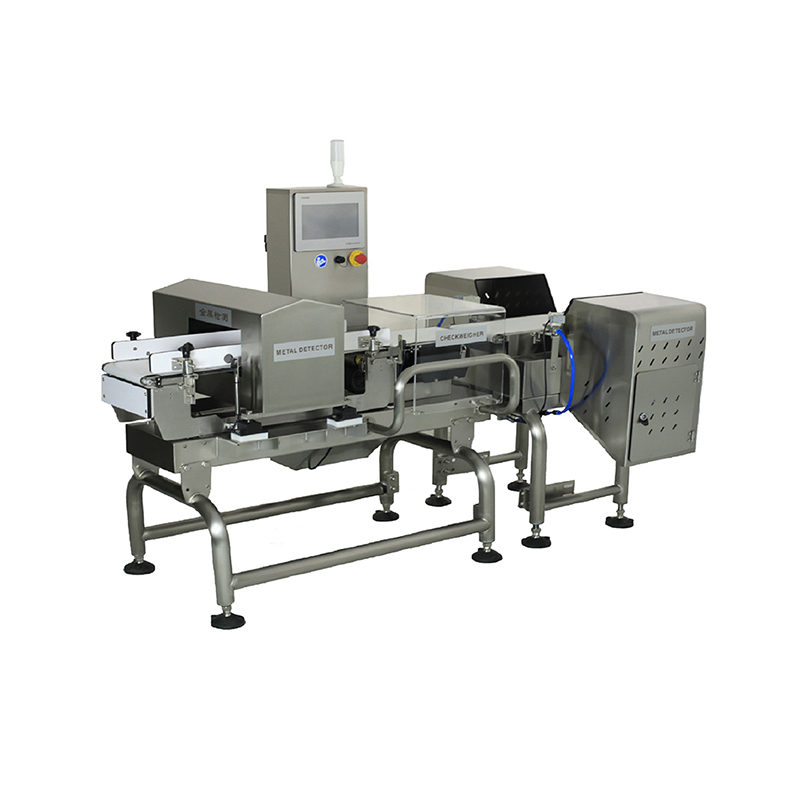In the current high-speed production landscape. ensuring precise weight control of your products is crucial. Among various weighing solutions, dynamic checkweighers stand out as efficient and effective tools. In this article, we will explore what a dynamic checkweigher is, examine the differences between dynamic and static checkweighers, and understand the purpose of using a checkweigher in your production process.
What is dynamic checkweigher?
First, let’s understand what a dynamic checkweigher is. A dynamic checkweigher is a high-speed weighing machine designed to accurately weigh products as they move along a conveyor belt. These checkweighers can handle a variety of products from small packages to larger items while maintaining high throughput rates. The dynamic nature of this weighing system lies in its ability to weigh items while they are in motion, minimizing production downtime and maximizing productivity.
What is the difference between static and dynamic checkweighers?
Now, let’s compare dynamic checkweighers to static checkweighers. The main difference between the two is the weighing process. Static checkweighers require product to be temporarily stopped on a conveyor belt to be weighed. This can lead to reduced efficiency and potential production bottlenecks. Dynamic checkweighers, on the other hand, weigh products as they progress along the production line, eliminating any pauses in the process. This key difference between static and dynamic checkweighers highlights the efficiency and time-saving benefits of dynamic checkweigher.
What is the purpose of a checkweigher?
The purpose of a checkweigher is to ensure precise weight control and detect any deviations that may occur during the production process. By using checkweighers, manufacturers can proactively identify and correct issues such as excess or insufficient product. This ensures the product meets the required weight specifications and avoids any quality control issues. Additionally, checkweighers are critical for compliance with regulations and industry standards as they provide accurate documentation and proof of weight compliance.

Dynamic checkweighers offer several advantages over static checkweighers. First, they can weigh products in motion, improving production line efficiency by reducing downtime. Because items are never stopped for weighing, overall throughput rates are significantly improved. Additionally, dynamic checkweighers are highly accurate and reliable, providing precise weight measurements even at high speeds. This ensures that every product leaving the production line meets required weight standards, increasing customer satisfaction and minimizing the risk of costly recalls.
checkweigher metal detector combination
Additionally, modern dynamic checkweighers are equipped with advanced technology and features to optimize performance. Many checkweighers feature intelligent software systems that connect to centralized databases to provide real-time monitoring and data analysis. This data can then be used for process optimization, trend analysis and predictive maintenance to further improve productivity.
In summary, dynamic checkweighers are an important tool for efficient and accurate product quality control. Their ability to measure weight while product is constantly moving sets them apart from static checkweighers. Dynamic checkweighers maintain quality standards, compliance and customer satisfaction by ensuring products meet weight specifications and detecting any deviations. These checkweighers feature advanced technology and features that provide enhanced data analysis and process optimization. In today's dynamic manufacturing environment, the benefits of using dynamic checkweighers can undoubtedly increase productivity and profitability.
Post time: Nov-08-2023





